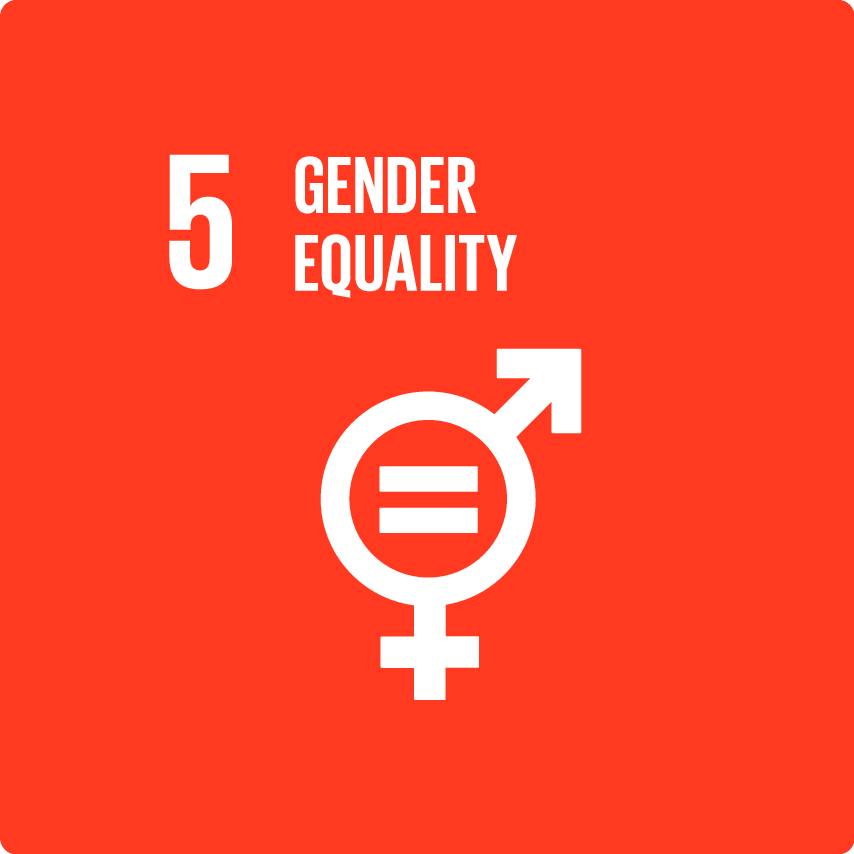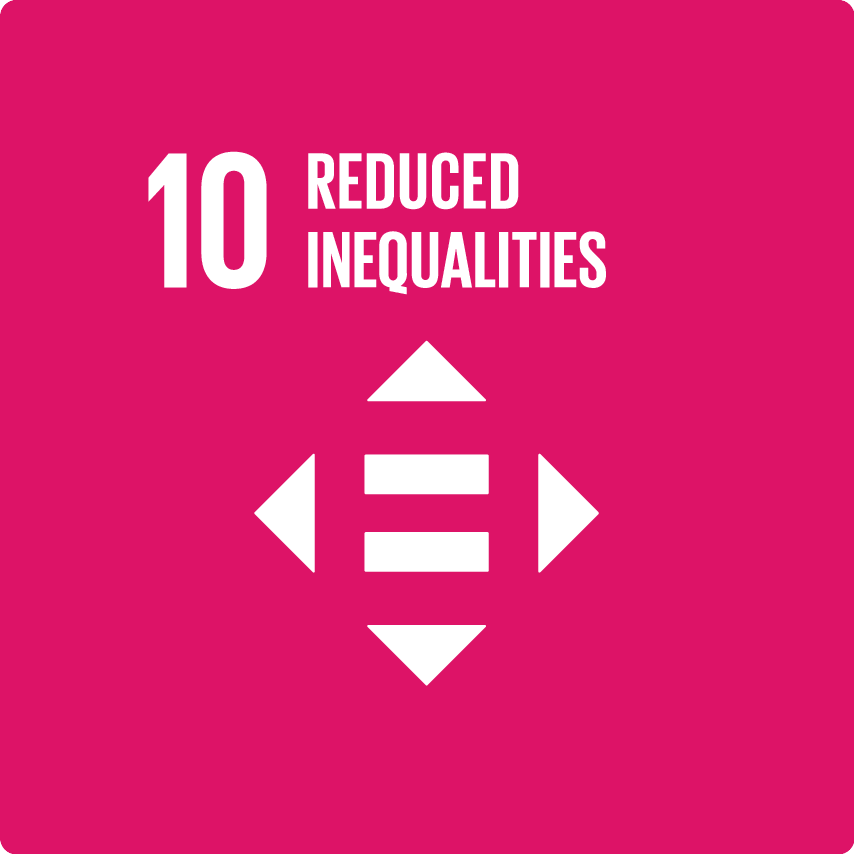Single Tablet per Day: Atripla Fixed-Dose Combination
Objectives
- Reduce impact on the disease in resource-limited settings by using combinations of different ARVs to treat people living with HIV/AIDS.
- Reduce the risk of people living with HIV/AIDS developing resistance.
What are the health needs and challenges?
Many patients face increasing treatment resistance and the risk of treatment failure. Combinations of ARVs are used to treat people living with HIV/AIDS to reduce the risk of them developing resistance. Atripla® – the first once-daily single tablet regimen for the treatment of HIV infection in adults – is a fixed-dose combination of the non-nucleoside reverse transcriptase inhibitor (NNRTI) efavirenz and the nucleoside reverse transcriptase inhibitors (NRTIs) emtricitabine and tenofovir disoproxil fumarate.
Efavirenz is marketed by Bristol-Myers Squibb as Sustiva® and by MSD as Stocrin®. Emtricitabine and tenofovir disoproxil fumarate are commercialized by Gilead Sciences under the tradenames Emtriva® and Viread®.
Partnership activities and how they address needs and challenges
This program increases access to Atripla®, the first once-daily single tablet regimen for the treatment of HIV infection in adults. It is a fixed-dose combination of the non-nucleoside reverse transcriptase inhibitor (NNRTI) efavirenz, and the nucleoside reverse transcriptase inhibitors (NRTIs) emtricitabine and tenofovir disoproxil fumarate.
Efavirenz is marketed by Bristol-Myers Squibb as Sustiva® and by MSD as Stocrin®. Emtricitabine and tenofovir disoproxil fumarate are commercialized by Gilead Sciences under the tradenames Emtriva® and Viread®. Atripla® was developed by Bristol-Myers Squibb and Gilead and approved by the US FDA in July 2006, Health Canada in October 2007 and the European Commission in December 2007. On January 15, 2008, the WHO granted Atripla® prequalification status.
In August 2006, Gilead and MSD announced an agreement for the distribution of Atripla® in 106 developing countries around the world where convenient treatment options are critical to patient compliance and adherence to therapy. Gilead is manufacturing Atripla® using efavirenz supplied by MSD, and MSD is distributing Atripla® in these markets.
In all of these countries, Atripla® is sold at significantly discounted prices. At least 55 countries – including most in sub-Saharan Africa – had either granted regulatory approval for Atripla® or allowed the product to be imported.
Geographic Reach
- Africa
- Eastern Mediterranean
- South-East Asia
- Western Pacific
Disease Area
- Infectious and Parasitic Disease
Target Population
- Men
- Women
- People with low incomes
Geographic Reach
Africa
- Angola
- Benin
- Botswana
- Burkina Faso
- Burundi
- Cabo Verde
- Cameroon
- Central African Republic
- Chad
- Comoros
- Congo
- Côte d'Ivoire
- Democratic Republic of the Congo
- Eritrea
- Ethiopia
- Gabon
- Gambia
- Ghana
- Guinea
- Guinea-Bissau
- Kenya
- Lesotho
- Liberia
- Madagascar
- Malawi
- Mali
- Mauritania
- Mauritius
- Mozambique
- Namibia
- Niger
- Nigeria
- Rwanda
- Sao Tome and Principe
- Senegal
- Seychelles
- Sierra Leone
- South Africa
- Swaziland
- Togo
- Uganda
- United Republic of Tanzania
- Zambia
- Zimbabwe
Eastern Mediterranean
- Somalia
- Sudan
South-East Asia
- Indonesia
- Thailand
- Timor-Leste
Western Pacific
- Cambodia
- China
- Fiji
- Kiribati
- Malaysia
- Marshall Islands
- Micronesia (Federated States of)
- Mongolia
- Republic of Korea
- Samoa
- Solomon Islands
- Tonga
- Tuvalu
- Vanuatu
- Viet Nam
Disease Area
Infectious and Parasitic Disease
- HIV/AIDS



